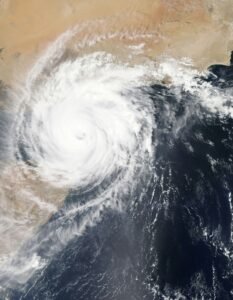Tensions between Israel and Hezbollah are escalating after an Israeli airstrike hit the Kola neighborhood of Beirut. This was the first strike in this area, outside of Hezbollah’s stronghold in Dahiye, since 2006. The targeted building in Kola signals a change in Israel’s strategy, reaching beyond traditional Hezbollah zones.
Following the airstrike, Hezbollah’s Deputy Secretary-General Naim Qassem made a strong statement. He declared that Hezbollah would not back down and would continue to resist Israeli forces. This statement came after the assassination of a key Hezbollah figure, Hassan Nasrallah, adding to the rising tensions.
In response, Israeli Defense Minister Yoav Gallant hinted at a potential ground operation in Lebanon. His remarks suggest that Israel may intensify its military actions, leading to a more direct confrontation.
Escalating Conflict
Israel’s airstrike on Beirut is a significant move. It shows a shift in its focus from Hezbollah’s usual bases to other parts of Lebanon. This attack could lead to further military action as both sides remain firm in their positions.
The threat of a ground intervention by Israel raises concerns about a broader conflict. A ground operation could bring even more instability to the region, already strained by long-standing tensions between Israel and Hezbollah.
What’s Next?
Observers are watching closely to see if the conflict will escalate. Both Israel and Hezbollah appear determined to stick to their strategies. As the situation unfolds, the potential for a full-scale conflict looms large. The next steps by both parties could significantly impact the broader Middle East region.





